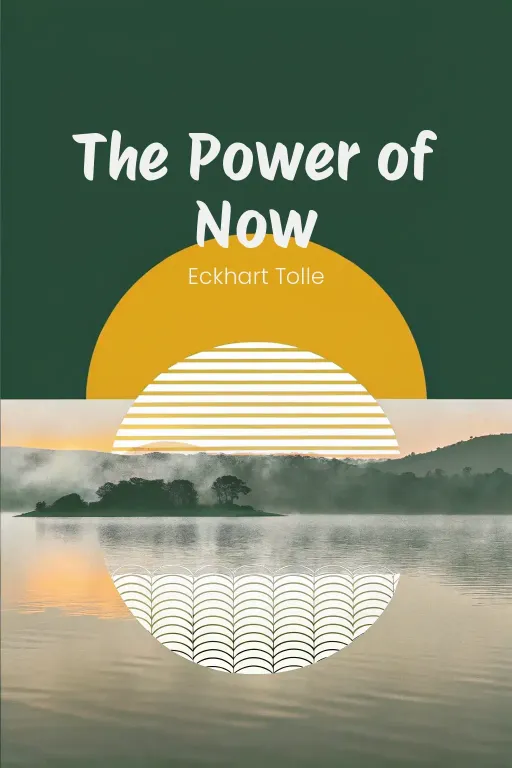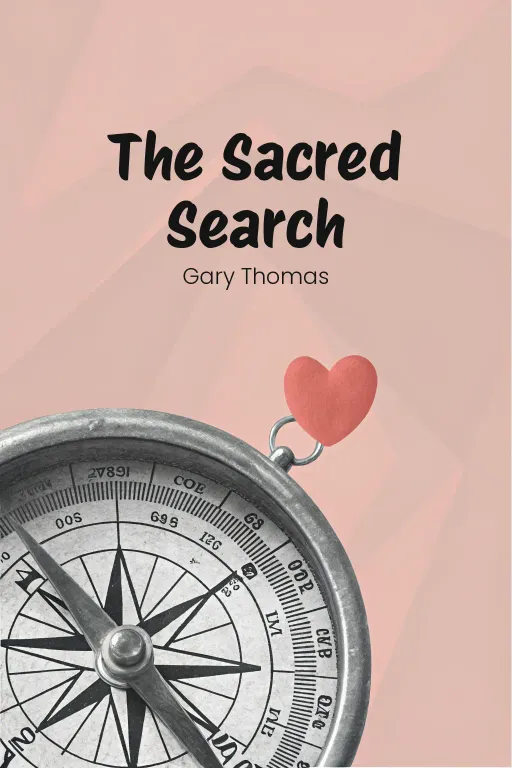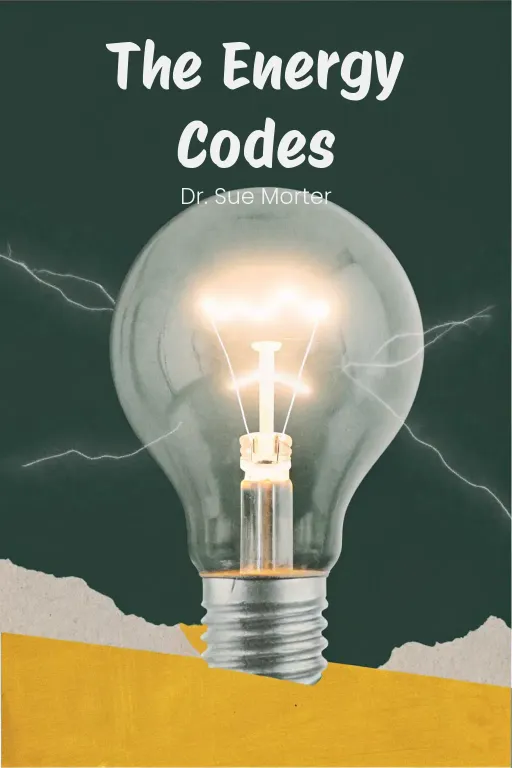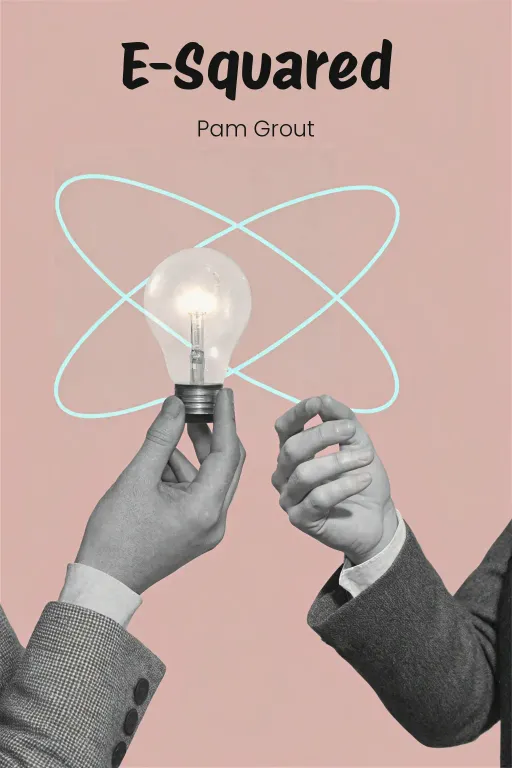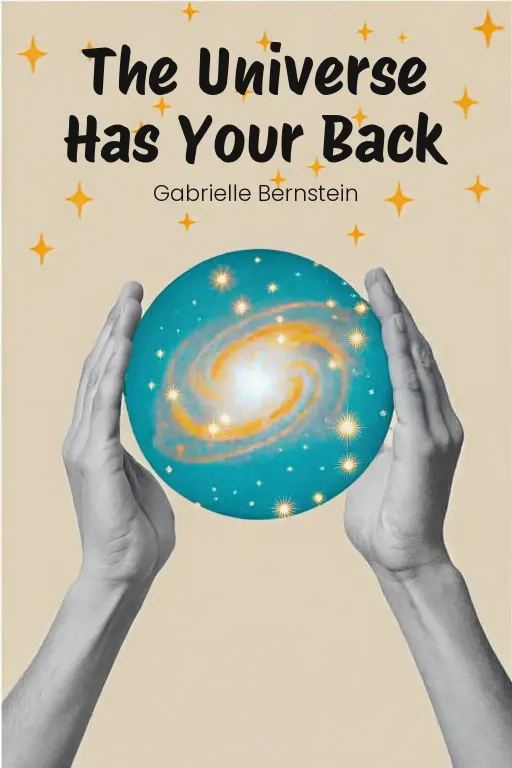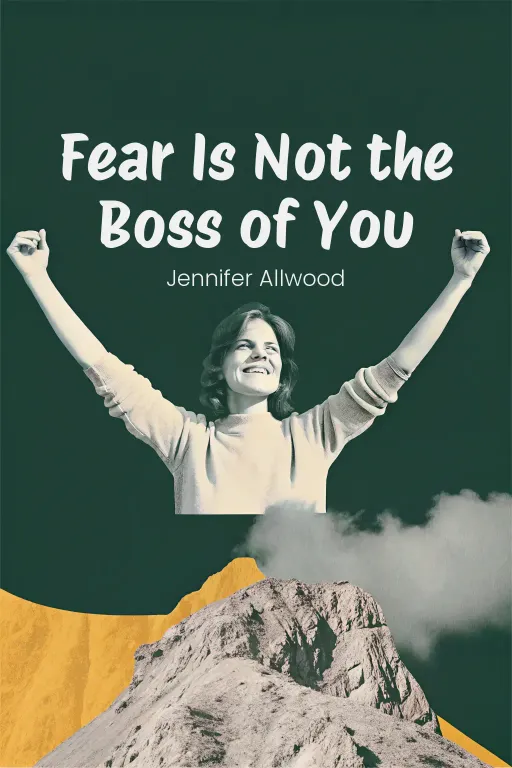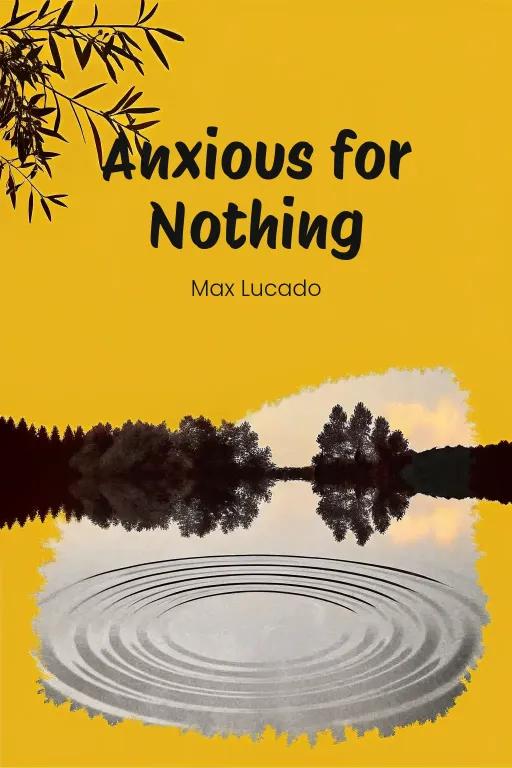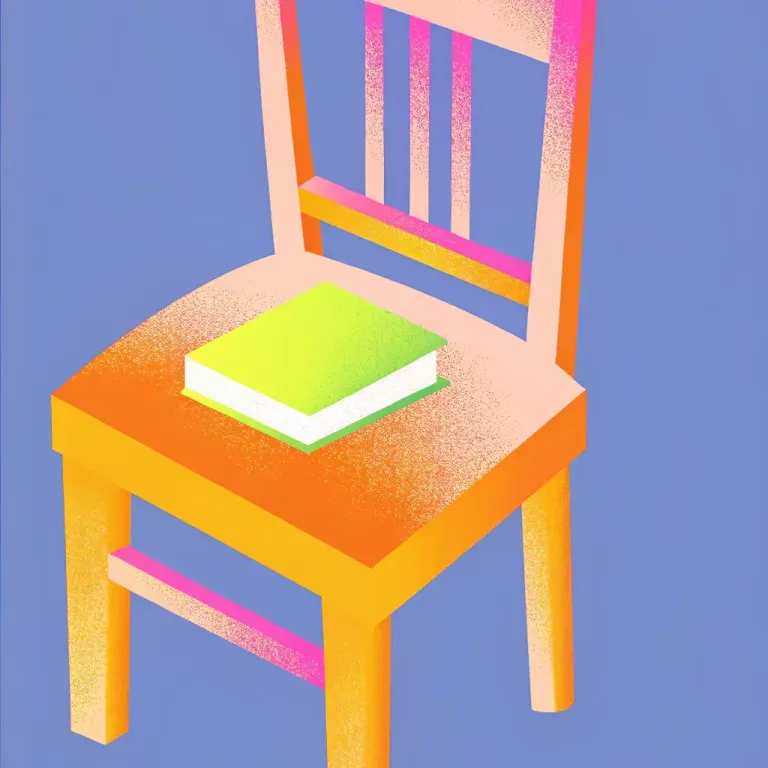
Declutter Your Life: Find Joy in What Matters
Podcast by Beta You with Alex and Michelle
Finding the Life You Want Under Everything You Own
Declutter Your Life: Find Joy in What Matters
Part 1
Alex: Ever feel like your place is, like, overflowing? Not with good times, but just…stuff? You know, where every closet and drawer is packed so tight, it's giving you anxiety just thinking about it? Michelle: Oh man, tell me about it. I glance at my mountain of tech gadgets sometimes and just think, "Who even needs all this junk?" Then, the penny drops - it was me! But hey, aren't we all just trying to buy a little happiness, one sale at a time? Maybe that's the true secret. Alex: Right! So, Joshua Becker gets right into this in his book "The More of Less." He's not buying into this idea that more stuff equals more joy. Actually, he argues that minimalism can be the real secret to a life that feels purposeful and full. He emphasizes cutting through the clutter - not just the physical stuff, but the mental and emotional baggage too - so we can really focus on what matters: you know, relationships, being generous, and making intentional decisions. Michelle: It's a nice thought, a bit idealistic though, right? Can owning less really unlock all that? Or is this just the latest lifestyle trend with a catchy name? Alex: Exactly! So, that's what we're figuring out today. We're going to break down three key things: First, we'll look at all the hidden reasons we're drawn to buying more and why we just seem wired to always want more. After that, we'll get into how exactly you start letting go because, honestly, decluttering isn't always as easy as just trashing a few old t-shirts. And finally, we talk about how living with less can allow you to be more generous, helping us shift away from a 'me-first' mindset to one where we connect with others and give back. Michelle: Okay, so we're uncovering why we keep accumulating stuff, figuring out how to ditch the excess baggage, and then seeing how to trade clutter for actual connection. Alright, let's see if Becker can convince us that less “really” is more.
The Psychology of Consumerism
Part 2
Alex: So, picking up where we left off, let’s talk about why consumerism has such a hold on us. Becker argues it's not just about personal choices; it's a cultural thing, driven by psychological tricks and, frankly, manipulation. I mean, how often do we link buying something new with feeling successful or happy? It’s almost built into our society. Michelle: Right, so we're basically all like Pavlov's dogs when it comes to shopping—trained to get that little dopamine rush from buying stuff, even if it's just socks. But why is it so effective, do you think? Why does “shiny and new” always win over “what I already have”? Alex: Well, consumerism “really” latches onto some basic human emotions – like our need for security, belonging, and status. Advertisers are masters at tapping into those vulnerable spots. They create stories that make you think that buying the right car, wearing a certain brand, or getting the latest gadget will solve some deeper problem. But, of course, their solution is just a quick fix. Michelle: Ah, so instead of facing our insecurities head-on, we just kind of cover them up with stuff. It's like putting a fancy bandage on a deeper wound. Alex: Exactly. And Becker points out how absurd this whole cycle is when you actually think about it. He mentions that Americans buy twice as much now as they did in the '70s, but happiness levels haven’t gone up at all—they’ve actually gone down in some cases. So, piling up possessions doesn't equal happiness. It often just adds to our stress and dissatisfaction. Michelle: Wait a minute, are you saying my “retail therapy” is actually stressing me out more? Seriously? That’s almost comical. Alex: Sadly, there's some truth to that. Becker even talks about clutter and the emotional toll it takes. He explains that living surrounded by too much stuff—whether it's piles of papers or a closet full of unworn clothes—is linked to higher levels of cortisol, the stress hormone. So, it's no surprise people feel overwhelmed trying to manage both their lives and their belongings. Michelle: That makes sense, though I can't say I've ever looked at my packed garage and thought, "Wow, all this stuff is stressing me out." Usually, it's more like, "I'll deal with it later." Spoiler alert: Later never comes. Alex: And that’s where the real problem lies. Becker shares a powerful moment when he realized this himself. He was cleaning out his garage, surrounded by years of stuff, when his son asked him to play. And it hit him then—his clutter wasn't just physical; it was costing him time, attention, and connection with his family. That’s the real burden of clutter, and we often don't even realize it. Michelle: Wow. Okay, I want to make a joke about finding treasures at garage sales, but that actually hits home. It’s not just about having too much stuff; it’s about what that excess costs us in terms of relationships, time, and even our mental space. Alex: Exactly, which is why Becker describes consumerism as a fog, something that distracts us until we forget what truly matters. And it’s sneaky because it’s connected to those deeper emotional needs we were talking about. People often buy things not because they need them, but because they're chasing a feeling—comfort, control, validation. Michelle: Right, and that’s where advertising “really” gets you. Think about luxury brands, for example. They’re not selling a watch or a handbag; they’re selling status, exclusivity, a sense of belonging. It’s like they’re whispering, “Buy this, and you’ll finally be enough.” But does it ever actually work? Of course not. The moment you buy one thing, there’s always something newer to covet. Alex: Absolutely. And Becker’s point is that this endless chase just deepens the hole we’re trying to fill. He even talks about a mother who, in her pursuit of "more" for her family—a bigger house, fancier things—ended up missing out on the very relationships she was trying to build. It wasn’t until her child pointed out how little time they spent together that she realized the real cost of her consumerism. Michelle: Oof, that’s rough. And I bet the moral is that while she was busy trying to create the so-called perfect life for her family, she missed the fact that actually living a meaningful life with them didn’t need all the extra stuff. It just needed her, present. Alex: Exactly. It’s a stark reminder that what we give up for “more” can’t always be measured in dollars. It’s measured in the things that actually matter, like time and connection. And that’s why breaking through what Becker calls the “fog of consumerism” is so important. You can't find fulfillment in clutter. It’s only by letting go of the distractions that we can refocus on the relationships and experiences that truly enrich us. Michelle: Okay, Alex, you’ve convinced me. Maybe my constant quest for more isn’t actually making me any happier—or any cooler, for that matter. So, what’s the alternative? How do we actually start climbing out of this consumerism trap?
The Minimalist Mindset and Practical Steps
Part 3
Alex: That’s where Becker’s minimalist mindset comes in! It really starts with one simple but, honestly, transformative question: What truly adds value to your life? He suggests beginning by identifying your “why,” you know, that core reason you even want to embrace minimalism. It could be more time with family, less money stress, or just a clearer headspace. Without that clear purpose, it's easy to get sidetracked and just fall back into old habits. Michelle: Okay, so step one is figuring out your “why.” But let's be real here, Alex – easier said than done for most. How do you even know what adds value when you're surrounded by so much stuff that it's hard to even think straight? Alex: I agree, the clutter itself can feel like a huge obstacle. That’s why Becker emphasizes taking small, actionable steps. He introduces the “three-pile method,” which is a really systematic way to deal with possessions without being overwhelmed. Basically, you sort everything into three categories: “keep,” “relocate,” and “remove.” Michelle: Let me guess – the “keep” pile ends up being everything, and the whole system crashes and burns. Not that I'm speaking from personal experience or anything… Alex: Actually, Becker’s approach makes that, thankfully, less likely. For the “keep” pile, he suggests asking yourself whether each item brings genuine joy or adds actual value. None of this "mildly attached to" nonsense. It’s about what really contributes to your well-being or aligns with what you truly believe in. Michelle: Okay, so no keeping that “sentimental” pile of socks that are more holes than fabric? What about the “relocate” pile? Is that for the infamous junk drawer or that mysterious stack of books in the bathroom? Alex: Exactly! These are the things that serve a purpose, but are in, like, the wrong spot. Like that blender you use weekly but, for some reason, lives under a pile of papers in the dining room. Relocating those items brings order and can stop you from accidentally buying duplicates because you just couldn’t find the original in your chaos. Michelle: And then there's the "remove" pile—aka my own personal nightmare. Be honest with me, Alex: does Becker allow for a "maybe I'll miss this one day" pile? 'Cause it's basically a recurring theme in my decluttering attempts. Alex: He’s pretty clear that the "remove" pile should only include items you’re truly ready to part with. The key, though, is making those decisions intentionally. He suggests strategies to help deal with the emotional difficulty of letting go, especially with sentimental stuff. For example, taking photos of items that have emotional significance is a great way to preserve the memory without keeping the physical clutter. Michelle: That's an interesting workaround! I can see that working for childhood trophies or handwritten notes. But what about something bigger? I don't know, like your great-grandfather's vintage chair that's falling apart, but just too sentimental to trash? Alex: That's where Becker suggests creating boundaries. For irreplaceable sentimental items, select a few to display or keep in a meaningful way – restoring and using that chair, if possible. But for everything else, focus on the memory rather than the object itself. It’s all about balance: respecting the past without simply letting it take over your living space. Michelle: I can see how that would feel less overwhelming than trying to part with everything all at once. Still, the emotions involved can’t be easy to navigate, even with a system like this. Alex: Agreed. And that’s why Becker also recommends trying short-term experiments, like his "29-day challenge." The idea is to pack up non-essential items temporarily and see if you miss them during that time. If you don’t, that clearly means they’re not adding value and can be removed for good. Michelle: I like that—it’s like giving yourself a no-pressure trial period before fully committing to losing something. That’s also convenient for people like me, who cling to the illusion that “maybe one day” I’ll need that pasta maker covered in dust in my cabinet. Alex: Precisely. These experiments not only help declutter but also shift how people see what they actually use and need. Becker tells a story about how families who did this challenge often realized how much they were holding on to out of habit, not necessity. Things like rarely used kitchen gadgets or boxes of holiday decorations they didn’t even like much anymore were easy to let go of after trying the experiment. Michelle: That sounds pretty liberating, honestly. And I like how these steps don’t make minimalism feel so dramatic, like a life-or-death choice. They’re more like baby steps toward a clearer, more intentional way of living. Alex: Exactly. Becker also makes it clear that minimalism isn’t about deprivation; it’s about making space for what you truly value. Think of it this way: by reducing clutter, not only do you free up physical room, but also time, energy, and focus. And that's what leads to bigger benefits like better relationships and more meaningful pursuits. Michelle: Right, it's not just about ditching stuff – it’s about what you gain in return. Fewer distractions, fewer stressors, and maybe more room to actually think about what really matters. Alex: Absolutely. And once you’ve taken those initial steps, Becker offers ways to prevent the clutter from creeping back in. “Mindful ownership,” for example, is a habit he talks about. It’s really as straightforward as asking yourself a few key questions before making a purchase. Do I genuinely need this? Does it really align with my values? And can I maintain it without extra stress? Michelle: I’m definitely hearing “no” as the answer to basically every impulse purchase I’ve ever made. Noted. But seriously, I like rethinking not just what you own, but why you own it. It seems like a way to reframe everything you think about “stuff.” Alex: That’s the goal. To create a mindset that values quality and intentionality over quantity. It’s not just about owning less – it’s about owning “on” purpose. And that attitude expands beyond the individual. Becker shares how families often change through minimalism. Less clutter can mean fewer distractions and arguments, creating space for deeper connection. Michelle: And I assume those connections become the real takeaway, right? The kind of thing you can't buy, no matter how many trips you make to the store. Alex: Exactly! Relationships, experiences, and personal growth become the focal points instead of possessions. That’s the heart of minimalism as Becker sees it: letting go of distractions so there's room for the things that truly matter the most.
Minimalism Beyond Possessions: Relationships and Generosity
Part 4
Alex: Once the mindset is there, then we look at how to put it into practice. Becker’s insights here are really powerful. Minimalism isn't just about getting rid of items. It goes deeper, you know, into how it changes your relationships and encourages generosity. It’s about shifting focus from possessions to the people and causes that truly matter. Michelle: So, it's not “just” about decluttering, but more about recalibrating your whole life to prioritize connections and purpose? That seems like a big jump. How exactly does Becker make that connection? Alex: Right, he argues that once you clear away those physical distractions, you suddenly have space – mentally, emotionally, and literally – to focus on what's genuinely important. Relationships suffer, right? Because we're always managing our belongings or working to buy more. Without that weight, things really start to shift. He tells a story of this young woman, Jessica, who realized her family was trapped in this consumerist cycle. She downsized to basically a single suitcase, lived abroad, and discovered how much richer life could be when it's centered on experiences, not stuff. Michelle: Wait, a suitcase for a year? That sounds both terrifying and potentially… a really interesting documentary. How did that actually work out? Alex: It changed her life. Living minimally in Japan, Jessica found a sense of freedom she never could have at home, surrounded by clutter. Without the constant pull of material things, she focused on deepening her relationships and on her own personal growth. She said it was the happiest and most fulfilling time of her life. That’s proof that your emotional well-being improves when you’re not weighed down by "things." Michelle: Okay, that’s a good story. But, has Becker talked about how minimalism affects relationships on a more personal level? Like, family. I imagine some might not be thrilled about this whole "less is more" idea, right? Alex: Definitely. He shares this incredibly touching story about a woman who felt so overwhelmed by her clutter that it was damaging her marriage. She felt suffocated at home. Her husband didn't want to declutter. It caused tension, and she even thought about divorce. Becker encouraged her to think of minimalism not as a problem but as a chance to think about their shared values. Instead of focusing just on throwing things out, he encouraged her to put the relationship first – to reconnect by working together on what really mattered to them as a couple. Michelle: So minimalism is now a form of couples therapy? Interesting. I see how focusing on shared goals, rather than whose turn it is to clean the basement, could help. Of course, knowing me, I'd probably just volunteer to throw out all their things to speed things up. Alex: But Becker would remind you it's not about "winning" the decluttering war. It’s an invitation to understand each other better, right? Clearing physical clutter gives you more time and energy to invest in family, friends, and shared goals. The point is, minimalism should strengthen connections, not create divides, especially with family and partners. Michelle: Right! Because there’s a stereotype of minimalists being kind of… rigid. Like, "Let me throw out those sentimental photos. Trust me, it’s good for your soul." Not exactly compassionate. Alex: Exactly. That's why Becker’s approach is about balance. It's not just about "owning less." It's about “owning thoughtfully” so you can nurture the relationships that really matter. And it doesn't end there. It extends outward to generosity. For Becker, decluttering isn't just freeing up space in your closet; it's liberating your resources to give more to others. Michelle: Generosity, huh? You might need to explain that one. Don’t most people think minimalism is about having the bare minimum? Less giving, right? Not more? Alex: It’s really the opposite. Becker argues that when we consume less, we have more time, money, and energy to help others. He uses the story of Ali Eastburn, who sold her wedding ring to fund clean water projects in Africa. And, she inspired a lot of people to see their possessions as tools for generosity. Michelle: Selling your wedding ring – that’s intense. I see it from a minimalist angle, but that's a huge leap. How does someone even get to the point of letting go of something so personal? Alex: For Ali, it was about aligning her actions with her values. She realized that the ring held more symbolic value than practical value, and the opportunity to improve other people's lives outweighed having it in her jewelry box. It’s a powerful example of how minimalism can shift us from accumulation to contribution. Becker calls it the “financial dividend of minimalism.” When you stop putting money into unnecessary possessions, you have so much more to give. Michelle: So less spending on yourself… frees you up to give to others. It's simple math, really. But generosity doesn’t have to mean selling your most prized possession, right? What if you don’t have the money to give that way? Alex: That’s a great point, and Becker covers that too. Generosity goes beyond money. It’s about giving your time, energy, and presence. Minimalism frees up your schedule, right? Less stuff means less maintenance, which creates space for volunteering, mentoring, or just being there for others. And, Becker mentions that people who serve others tend to be happier and more psychologically well. Michelle: So basically, decluttering clears your mind, saves you money, and makes you a better person. No pressure! But I do like how Becker connects minimalism to something bigger than just tidying your house. It’s not just about what you lose but what you gain and share. Alex: Exactly. He even talks about the biblical parable of the pearl of great price. The merchant gives everything to acquire one priceless pearl. In the same way, minimalism encourages us to let go of distractions so that we can focus on the real treasures in life––relationships, experiences, and making a meaningful impact. We learn that life isn’t about how much we can hold onto, but how much we can give.
Conclusion
Part 5
Alex: So, basically, “The More of Less” really challenges us to rethink our obsession with stuff, right? It makes you realize how possessions can actually pull you away from what truly makes you happy. By embracing a minimalist way of thinking, you're not just decluttering your space, but also freeing up mental space, strengthening relationships, and even finding chances to give back. It’s about aligning what you have with what you believe in, and building a life that feels meaningful instead of overwhelming. Michelle: Right, it's definitely not just about Marie Kondo-ing your apartment or getting rid of that old treadmill. Becker's pushing us to look at the bigger picture, how shedding the excess can help us get back our time, our energy, our focus. It's not just about taking things away; it's about adding things that truly matter. It’s almost like pruning a plant, right? You cut away the dead stuff so the healthy parts can flourish. How would someone apply this to modern urban life? Alex: Exactly. So, maybe the real message here is: minimalism isn't about going without; it's about gaining freedom. Freedom to spend more time on what's important, to build deeper connections, and to share what you have with others. Becker's giving us all a simple challenge: what's genuinely adding value to your life, and what's just weighing you down? Michelle: And let's be real, couldn't we all use a little less stress and a little more purpose? Maybe it's time we all asked ourselves, "What am I really chasing here, and is it actually worth it?" If it isn't, maybe it's time to start clearing a path toward a life that actually, well, “fits”. It’s like, are we living to acquire, or acquiring to live? Alex: Couldn't have said it better, Michelle. The real question isn't how much we own, but how much of our “lives” we're actually living. Hopefully, Becker's insights inspire all of us to be a little more thoughtful about that.
